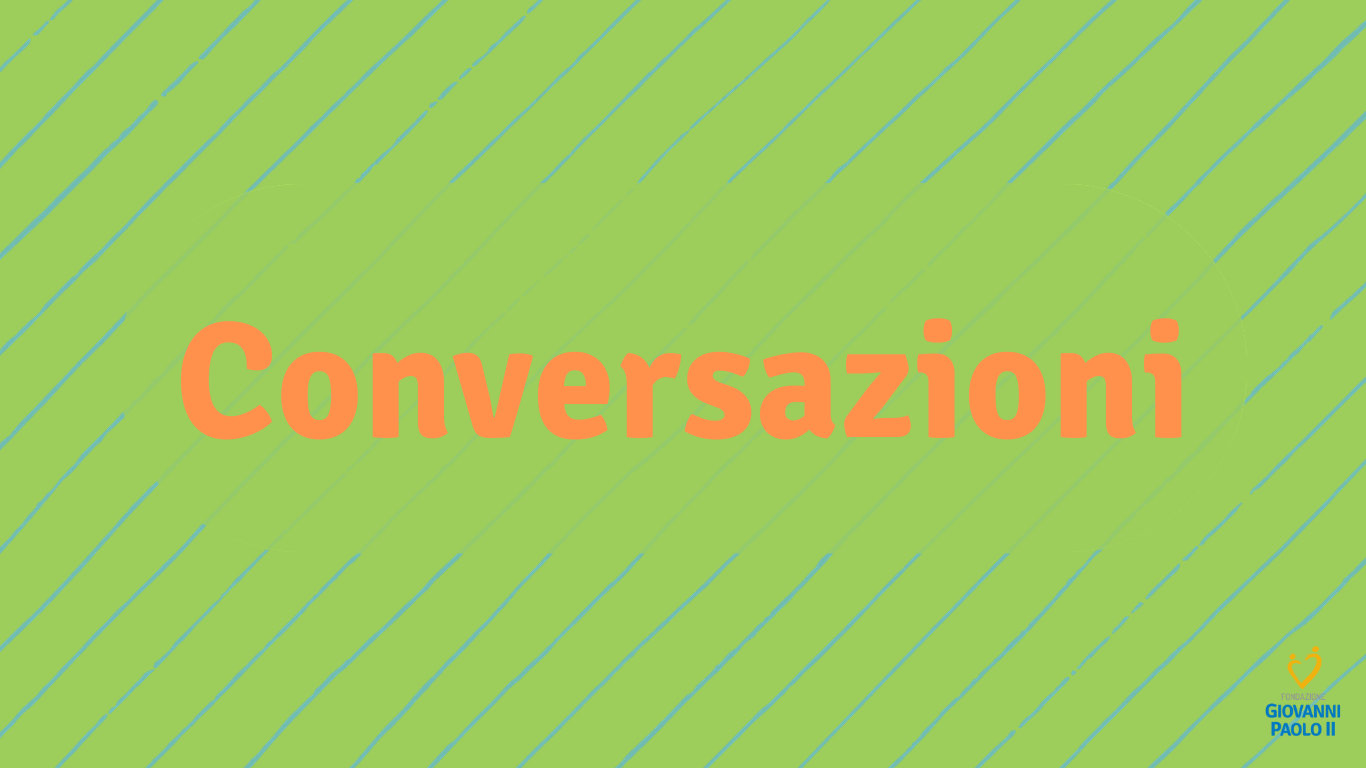Satnam's death symbolizes our decline
The story of the death of Indian farm laborer Satnam Singh, which occurred in the province of Latina, leaves a deep bitterness in anyone who still possesses a modicum of conscience because of the accompanying inhumanity. Faced with an injured and dying man, there are those who do not know how to go beyond their own petty interests and do not think about what they can do to save that life, but act only with the intent to save themselves. This horrible story should make us reflect on the kind of society we are building, where the other counts for nothing, even in the face of death, and only self-interest matters. The affair is also yet another demonstration of the failure of the laws wanted by then Interior Minister Matteo Salvini, passed in 2018 and only partially amended during the Conte 2 government. Those laws, with their restrictive regulations, led to the creation of hundreds of thousands of illegal foreigners, deprived of any...

